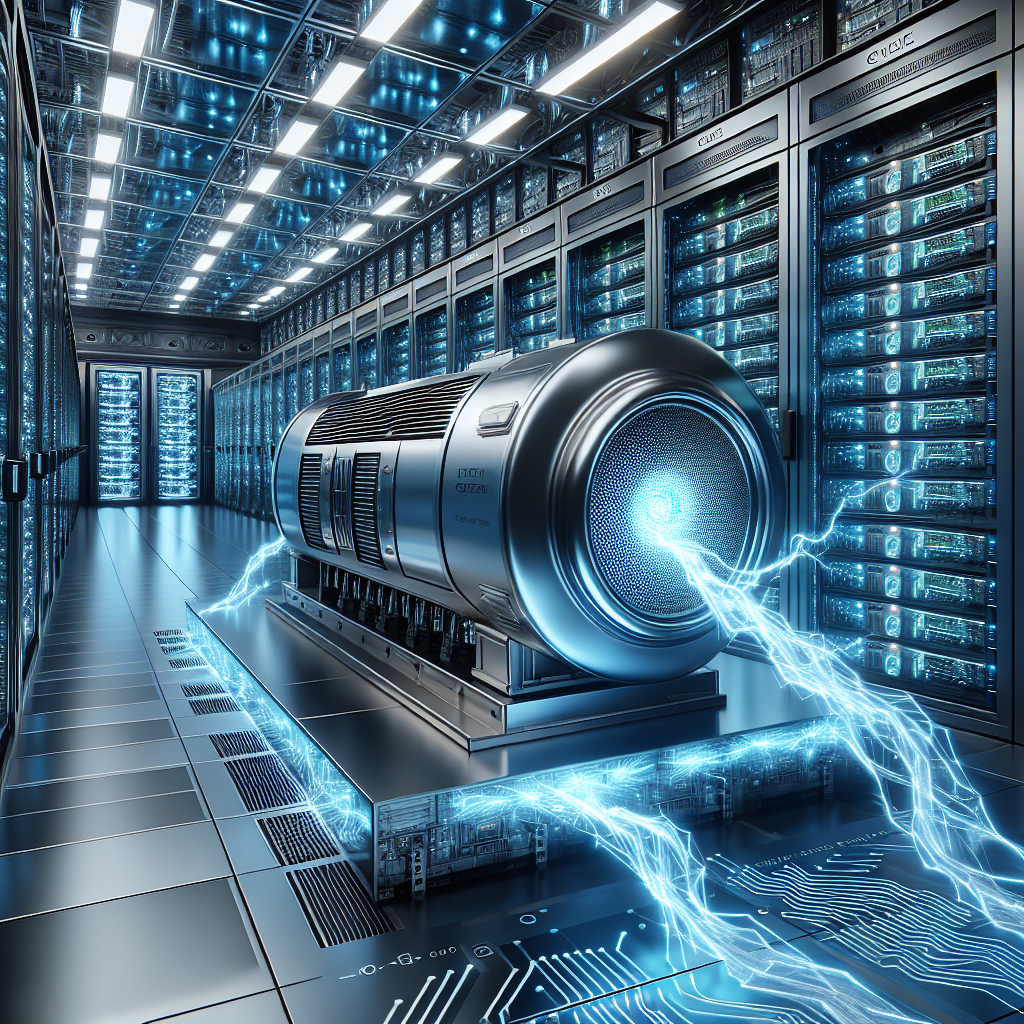Data centers have become an essential part of our modern digital world, serving as the backbone for storing, processing, and distributing vast amounts of data. With the increasing demand for data storage and processing capabilities, data centers have also become major consumers of electricity. In fact, data centers account for about 2% of global electricity consumption, and this number is expected to rise as the demand for data continues to grow.
One of the key components of a data center is its power supply system, which typically includes backup generators to ensure uninterrupted power in case of a grid outage. As data centers strive to become more efficient and sustainable, innovations in generator technology are playing a crucial role in shaping the future of data center power.
One of the key innovations in generator technology is the development of more efficient and environmentally friendly generators. Traditional diesel generators, which have been commonly used in data centers for backup power, are known for their high emissions and noise levels. However, newer generator technologies, such as natural gas generators and hybrid generators, offer lower emissions and quieter operation, making them more environmentally friendly options for data centers.
Natural gas generators, in particular, are gaining popularity in data centers due to their lower emissions and lower operating costs compared to diesel generators. These generators use natural gas as fuel, which is a cleaner-burning alternative to diesel, reducing greenhouse gas emissions and air pollution. In addition, natural gas generators require less maintenance and have a longer lifespan, making them a cost-effective and sustainable option for data center power.
Hybrid generators, on the other hand, combine multiple power sources, such as solar panels, batteries, and traditional generators, to provide a more reliable and efficient power supply for data centers. By integrating renewable energy sources with traditional generators, hybrid generators can reduce the reliance on fossil fuels and lower the carbon footprint of data centers. Additionally, hybrid generators can help data centers save on energy costs by utilizing renewable energy sources during peak demand periods.
Another innovative technology that is shaping the future of data center power is the use of fuel cells as a backup power source. Fuel cells generate electricity through a chemical reaction between hydrogen and oxygen, producing clean and efficient power with minimal emissions. Fuel cells offer several advantages for data centers, including high efficiency, low maintenance requirements, and quiet operation. As fuel cell technology continues to advance, it is expected to become a viable alternative to traditional generators in data centers.
In conclusion, the future of data center power is being shaped by innovations in generator technology that prioritize efficiency, sustainability, and reliability. With the development of more efficient and environmentally friendly generators, data centers can reduce their carbon footprint, lower operating costs, and ensure uninterrupted power supply for their critical operations. As data centers continue to evolve and expand, it is crucial for them to embrace these innovative technologies to meet the growing demand for data processing while minimizing their impact on the environment.


Leave a Reply